Thematic tracks

Co-creation and collaborative governance
All sectors of society can and should come together to co-create, innovate and implement sustainability solutions. Local and regional governments need to work hand-in-hand with all urban stakeholders, from civil society and the private sector to science and research institutions.
The ICLEI World Congress 2018 brought together these actors and encouraged the creation or strengthening of partnerships across them.
Learn more how the theme is featured throughout the ICLEI World Congress 2018 program.
Read our blogpost “We have to take our citizens with us.” Cities talk SDGs and citizen engagement, based on the session “How cities deliver on the SDGs: A snapshot on the current situations in cities across the globe”.
Photo credit: © ICLEI e.V.
Description: ICLEI World Congress Seoul 2015

Nature-based solutions
Working with nature and aligning with its biological cycles enables cities and regions to become more resource-efficient and resilient, while boosting local economies and improving the health and well-being of residents. This theme explored how solutions inspired and supported by nature can simultaneously address environmental, sociocultural and economic challenges in a cost-effective way.
Taking place right before the ICLEI World Congress 2018 and organized by ICLEI Cities Biodiversity Center, the Urban Nature Forum convened scientists, urban planners, policymakers, conservationists and other key stakeholders to explore nature as a key tool for more sustainable urbanization.
Learn more how the theme is featured throughout the ICLEI World Congress 2018 program.
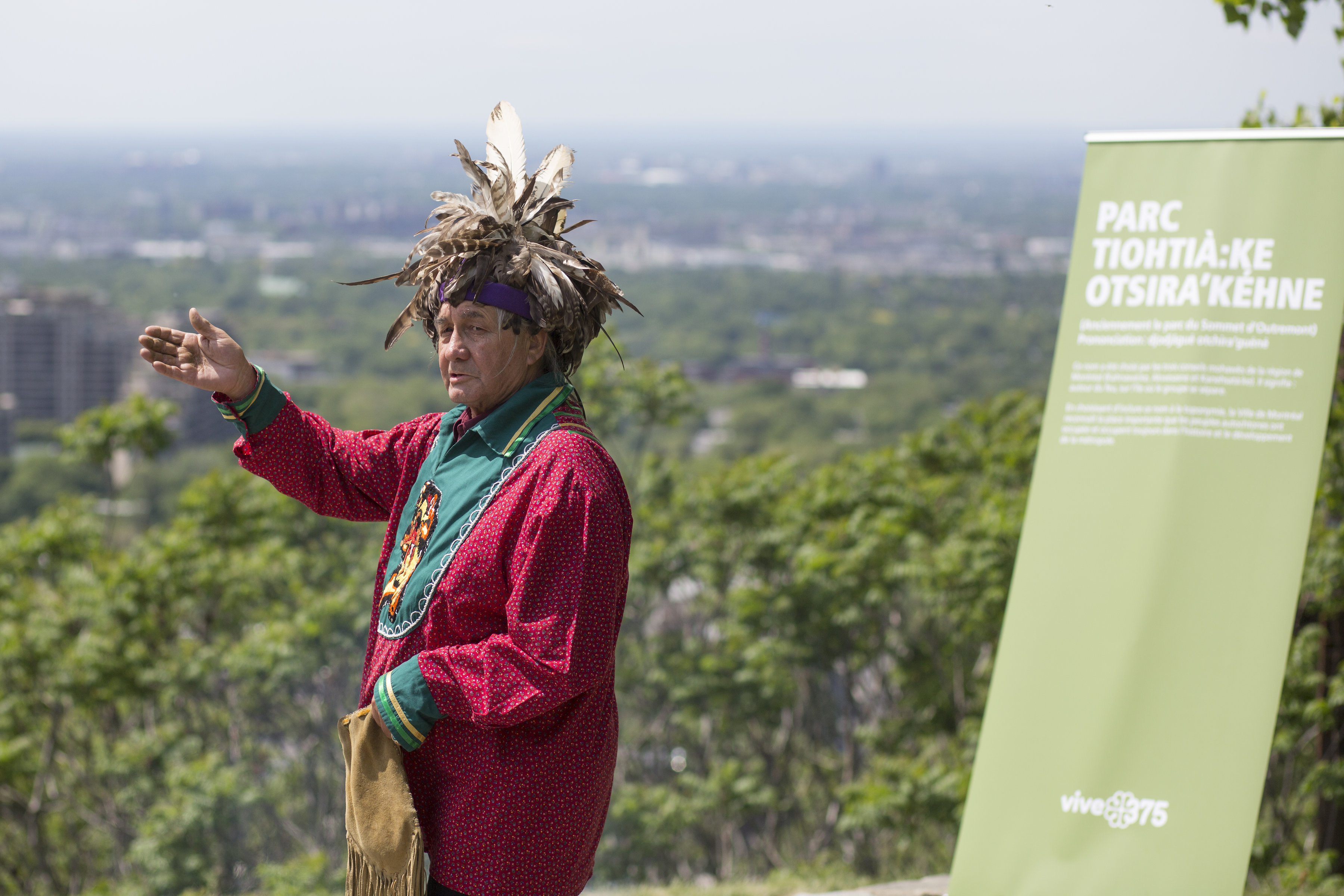
Inclusive cities and communities
Climate action is only successful when it involves social inclusion and citizen engagement. The ICLEI World Congress 2018 highlighted successful approaches of managing urban cultural diversity, social integration and gender equality in the contexts of rapidly changing societies.
Held in Canada, the ICLEI World Congress 2018 stressed the importance of working with First Nations communities and governments to ensure their needs and aspirations are fully realized within cities and regions.
The ICLEI World Congress 2018 was a call to action for local governments to work towards urban inclusion and reconciliation as part of achieving sustainable development.
Learn more how the theme is featured throughout the ICLEI World Congress 2018 program.
Read our blogpost Gender equality starts at the top: Women in municipal leadership, based on the session “Fostering women’s leadership in the implementation of sustainable development solutions”.
Read our blogpost Inclusion and reconciliation: Indigenous Peoples and sustainability in our cities, informed by the session “Transforming the way we live together: Reconciliation and cooperation toward our sustainable urban future”.
Photo credit: © Frédérique Ménard-Aubin
Espaces Découvertes LEGS375 2017
Description: Montréal reconciliation with First Nations
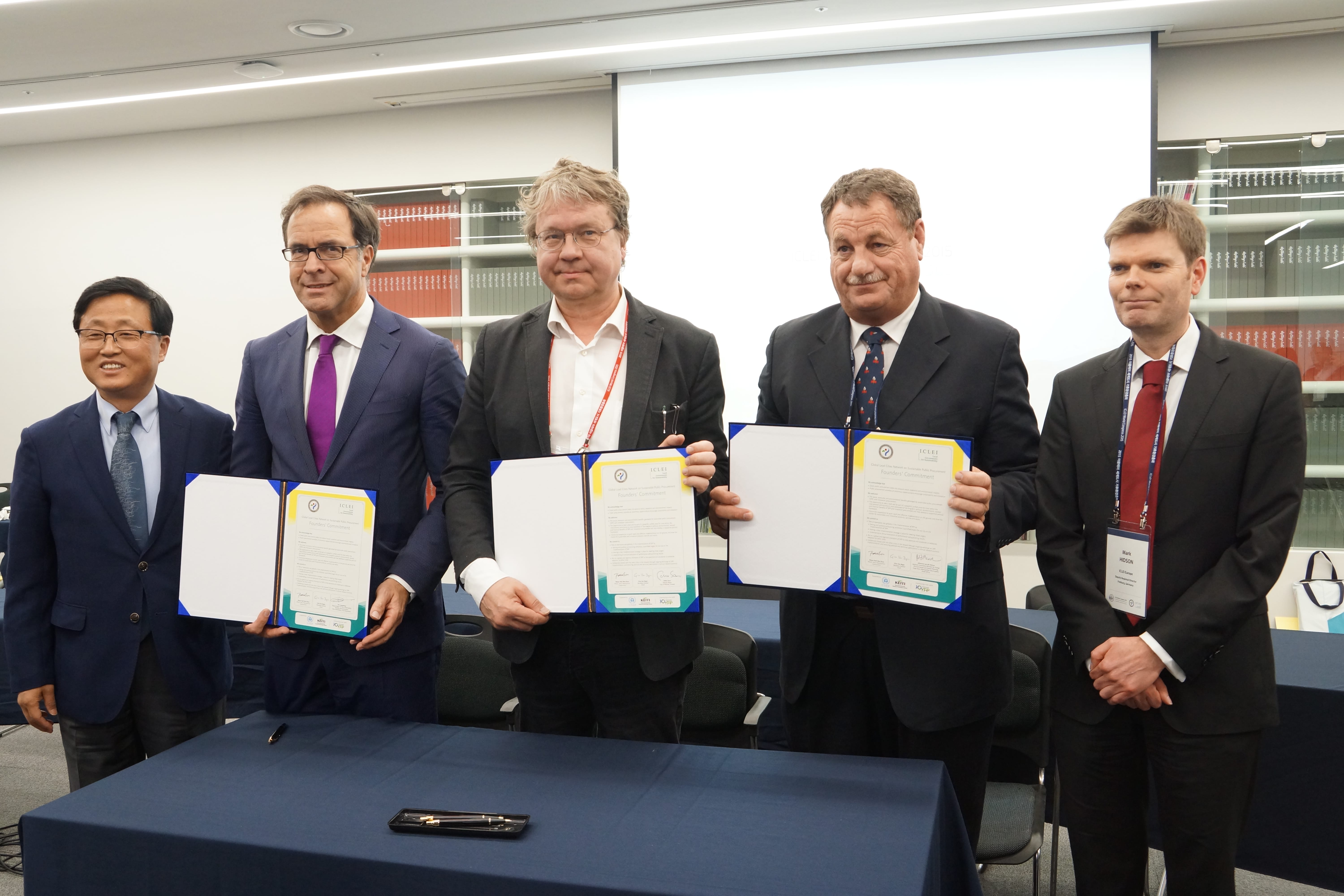
Sustainable procurement
Every procurement decision we make has an impact on the environment, economy and on society – and this holds especially true for public authorities.
To procure in a sustainable way involves looking beyond short-term needs and considering the longer-term impacts of each procurement. In the language of economists, sustainable procurement is about “internalizing the externalities” and leading by example. It is about driving behavior change by government taking the lead and showing others what can be done.
In recent years, sustainable procurement has grown in both scope – to encompass a wider range of environmental, social and economic issues, promoting value for money in its full sense – and depth, as the knowledge and techniques developed by frontrunners have been disseminated and standards raised. The ICLEI World Congress 2018 explored those evolutions and call for ambitious sustainable procurement practices.
As an active member of the Global Lead City Network on Sustainable Procurement, the Ville de Montréal has set ambitious sustainable procurement targets. Read more here.
Source: ICLEI – Local Governments for Sustainability, European Secretariat (2016) “The Procura + Manual : A guide to implementing sustainable procurement”
Learn more how the theme is featured throughout the ICLEI World Congress 2018 program.
Photo credit: © ICLEI e.V. 2015
Description: The signing of the Founders´ Commitment to The Global Lead City Network on Sustainable Procurement during the ICLEI World Congress 2015 in Seoul
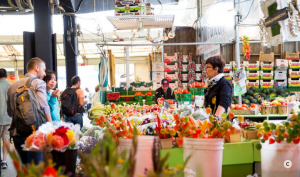
Circular economy
Our unsustainable consumption and production patterns are driving negative planetary change. It is vital that we restore our natural capital, reduce the pressure on material assets, prevent waste and make the way we consume natural resources more efficient. Those strategies are captured by the framework of the circular economy.
As centers of resource consumption and waste production, cities are pivotal forces for building a circular economy. If implemented systematically, the circular economy can contribute to climate change mitigation, resilience, biodiversity restoration, poverty alleviation and job creation, while reducing pressure on municipal budgets.
Learn more how the theme is featured throughout the ICLEI World Congress 2018 program.

Low carbon development
To curb climate change and improve human and environmental health, local governments must shed the legacy of fossil fuels, decoupling emissions from economic growth and pursuing the most effective pathway to achieve carbon neutrality, energy security, clean air and an active green economy.
The ICLEI World Congress 2018 explored examples from local and regional governments that are successfully leading the transition, while looking into innovative methods and best practices to strengthen the capacity of local and regional governments.
Learn more how the theme is featured throughout the ICLEI World Congress 2018 program.
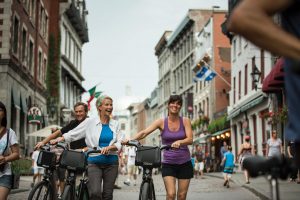
Healthy cities and well-being
Community well-being and health are critical to local sustainability action. Looking beyond GDP as the primary indicator for development, these dimensions allow for a broader assessment of local and regional governments’ impact on the development of their communities.
Learn more how the theme is featured throughout the ICLEI World Congress 2018 program.
Photo Credit : © Canadian Tourism Commission
Description : Bixi in Old Montreal (velo)
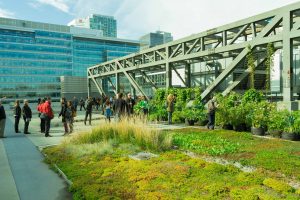
Resilience
Resilience building prepares urban systems, municipal operations and communities to prevent, absorb and recover from shocks and stresses and adapt to inevitable global change. Local and regional governments have to embed resilience at the core of their action to be able to adapt to rapid technological and demographic changes.
Strengthening partnerships across multiple levels, mobilizing resources to accelerate local action, and equipping local and regional governments to adopt holistic approaches were key questions addressed at the ICLEI World Congress 2018.
Learn more how the theme is featured throughout the ICLEI World Congress 2018 program.

EcoMobility
Today our cities are experiencing unprecedented levels of automobile traffic that is polluting, inefficient, unsafe, time-consuming, inequitable, and unsustainable. Even when cars are not in use, they occupy precious urban space which could have allowed other social interactions. By 2030, it is projected that in a business-as-usual scenario; cars in developing countries are set to grow 80% by 2030. Thus, a paradigm shift is necessary to create a more sustainable urban environment and provide a high quality of life. Ecomobility gives priority to walking, cycling, public transport, shared mobility and light electric vehicles. It promotes travel through integrated, socially-inclusive, and environmentally-friendly transport options without depending on privately-owned vehicles.
ICLEI World Congress looked into the future of urban mobility in cities, drawing on the Kaohsiung Strategies for the Future of Urban Mobility. Furthermore, ecologistics as low-emission freight in cities was also explored as this is a pivotal yet often overlooked sector in this transition.
Learn more how the theme is featured throughout the ICLEI World Congress 2018 program.

Sustainable and resilient city-region food systems
Food systems are a principle determining factor of the hunger, poverty and unemployment rates in our communities, as well as the status of our environmental resource management. Our food systems also provide a vital link between cities and rural communities. In this context, we explore the considerable leverage local and regional governments have over facets of a city-region food system, from nutrition and health to economic development to land use and resource management.
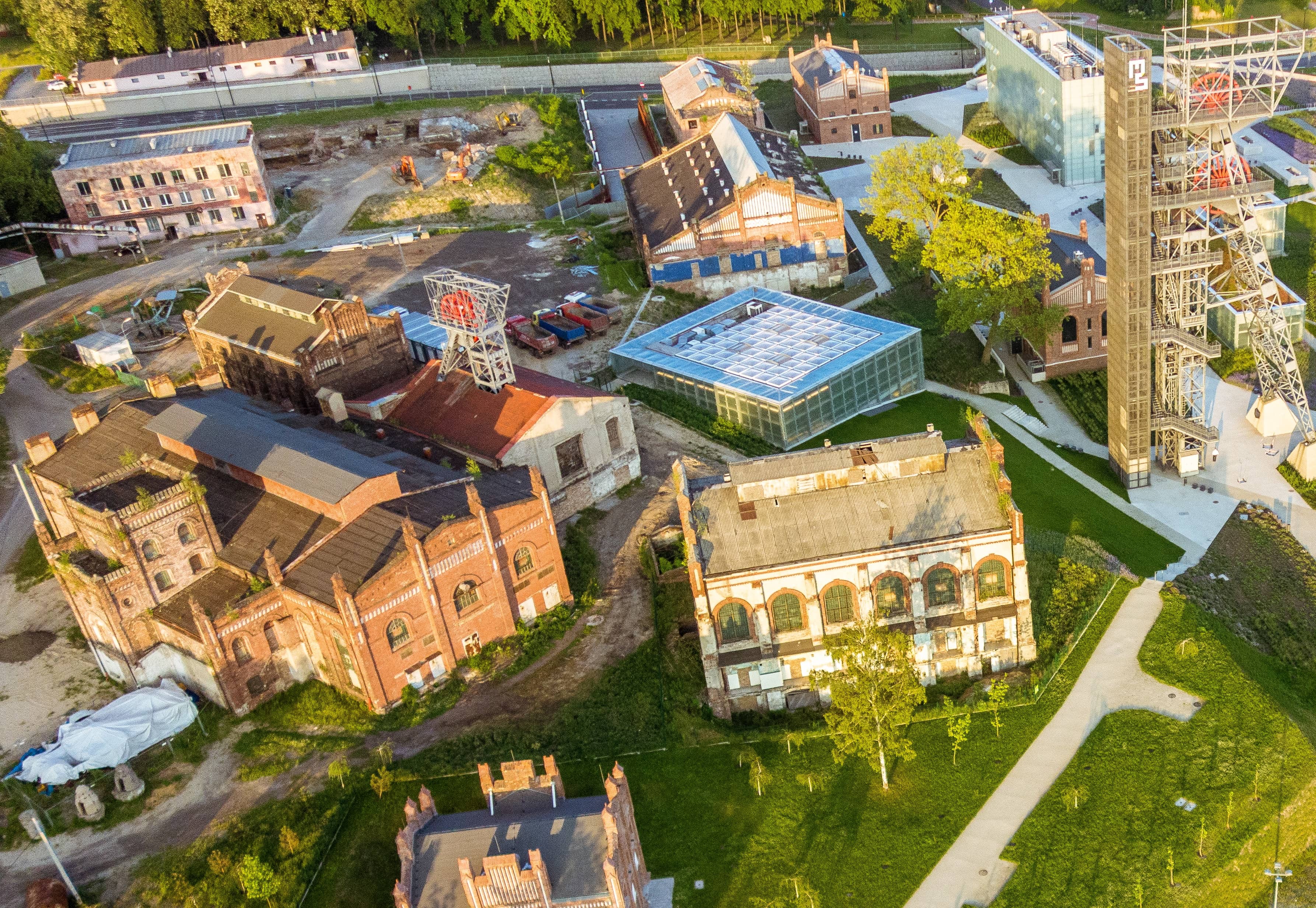
Urban Transitions Forum
Having faced and often successfully overcome environmental, economic and social crises, industrial legacy cities are experts in creating their own resurgence and turning challenges into opportunities. The Urban Transitions Forum featured experiences and best practices from the Urban Transitions Alliance member cities.
On Wednesday 20 June 2018, from 11am to 12:30, a high-level forum saw the Mayors of the Alliance cities officially open the Urban Transitions Forum at the ICLEI World Congress. They demonstrated the power of industrial legacy cities as drivers of ambitious local action with a joint declaration to collaborate and make the Sustainable Development Goals the guiding principle for their transition to sustainability.
Throughout the Congress, dedicated Implementers’ sessions discussed strategies and new pathways towards a sustainable future focusing on the topics of energy, mobility, infrastructure and social transitions.
Learn more how the theme was featured throughout the ICLEI World Congress 2018 program and access the Urban Transitions Forum report.
